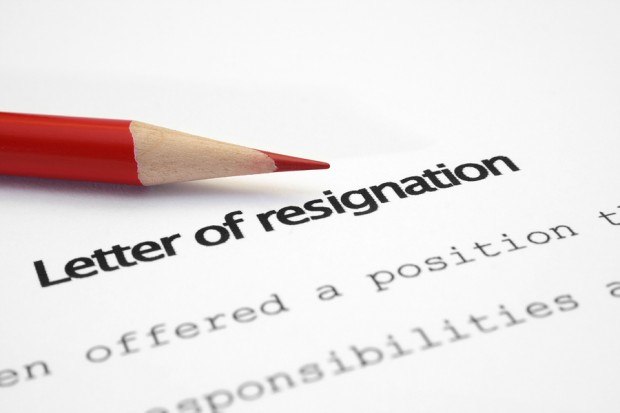Fosun International Ltd , one of China’s most aggressively acquisitive conglomerates, said its chief executive and vice president stepped down in a surprise reshuffle that has raised concerns over the group’s strategy.
The resignation of co-founder and Chief Executive Liang Xinjun and Senior Vice President Ding Guoqi will have some impact on the leisure-to-insurance group, one of China’s largest privately held firms, said chairman and fellow co-founder Guo Guangchang.
“The departure of Ding Guoqi and Xinjun, in particular that of Xinjun due to health reasons, will have an impact on Fosun in the short-term,” Guo told reporters and analysts in Hong Kong, without elaborating.
“But we have to turn bad things into good news. As you all see today, the new management team, Fosun is full of talents.”
Liang, who was Fosun’s public face, was replaced by fellow co-founder and billionaire Wang Qunbin, said the company, whose businesses include French leisure group Club Med and entertainment company Cirque du Soleil.
Wang, a genetic engineer by training who owns 11 percent of Fosun International Holdings, has kept a lower-profile than the firm’s other co-founders.
Fosun has been the posterchild for China’s decade-long outbound push, which saw Chinese bidders spend a record $105 billion on assets ranging from movie studios to football clubs in 2016.
But over the past year Beijing has begun reining-in outbound deals in a bid to curb outflows – estimated to be more than $725 billion last year – and shore-up the weakening yuan which fell to eight-year lows in December.
Guo and Chief Financial Officer Robin Wang reassured investors regarding the impact of Beijing’s capital restrictions, saying they were a “challenge” for the group but that it continued to have several means of raising capital offshore, which could actually offer Fosun more opportunities to compete for assets.
These included offshore bonds and also using the group’s 20 billion euros’ worth of insurance assets.
Guo emphasized the group’s strategy to contain funding costs while investing heavily in new technologies, including artificial intelligence and automation.
Along with its reshuffle announcement, Fosun reported a net profit jump of 28 percent to a record high of over 10 billion yuan ($1.45 billion) in 2016, led by gains from its investments in finance, healthcare and tourism-related businesses.
Growing Tensions
Several sources close to Fosun said there had been growing tensions between Guo and Liang.
On Wednesday, Guo said he had been especially “hard and demanding” on Liang but said he, Liang and Wang – college mates who went on to work together for 25 years – remained as close as ever.
“Xinjun, Wang Qunbin and myself have never abandoned each other, we are like brothers. Xinjun has made a great contribution to Fosun’s development today,” Guo said.
Liang and Ding, who stepped down due to family commitments, will have no honorary positions in the company.
Liang, who owns 24 percent of the group and has a personal fortune worth $2.2 billion according to Forbes Real-Time Billionaires List, was instrumental in driving Fosun’s acquisition strategy.
He took on a more prominent role when Guo became embroiled in an investigation on the Chinese mainland in late 2015.
The company’s shares opened up initially but then quickly steadied on Wednesday. Its bonds traded slightly lower on fears the departure of two key executives could hurt its acquisition strategy, analysts said.
“With the latest announcement, one more founder together with another key personnel have left,” said Annisa Lee, a Nomura credit analyst.
“This may raise concerns on the company’s business and financial strategy going forward and that’s why bonds are trading lower.”
($1 = 6.8779 Chinese yuan renminbi)
Additional reporting by Elzio Barreto, Umesh Desai, Sijia Jiang, and Michelle Price in Hong Kong; Writing by Michelle Price; Editing by Stephen Coates and Randy Fabi





















 Earnings Wrap: With AI-First Mindset, ‘Sky Is the Limit’ at The Hartford
Earnings Wrap: With AI-First Mindset, ‘Sky Is the Limit’ at The Hartford  Preparing for an AI Native Future
Preparing for an AI Native Future  RLI Inks 30th Straight Full-Year Underwriting Profit
RLI Inks 30th Straight Full-Year Underwriting Profit  Allianz Built an AI Agent to Train Claims Professionals in Virtual Reality
Allianz Built an AI Agent to Train Claims Professionals in Virtual Reality 


